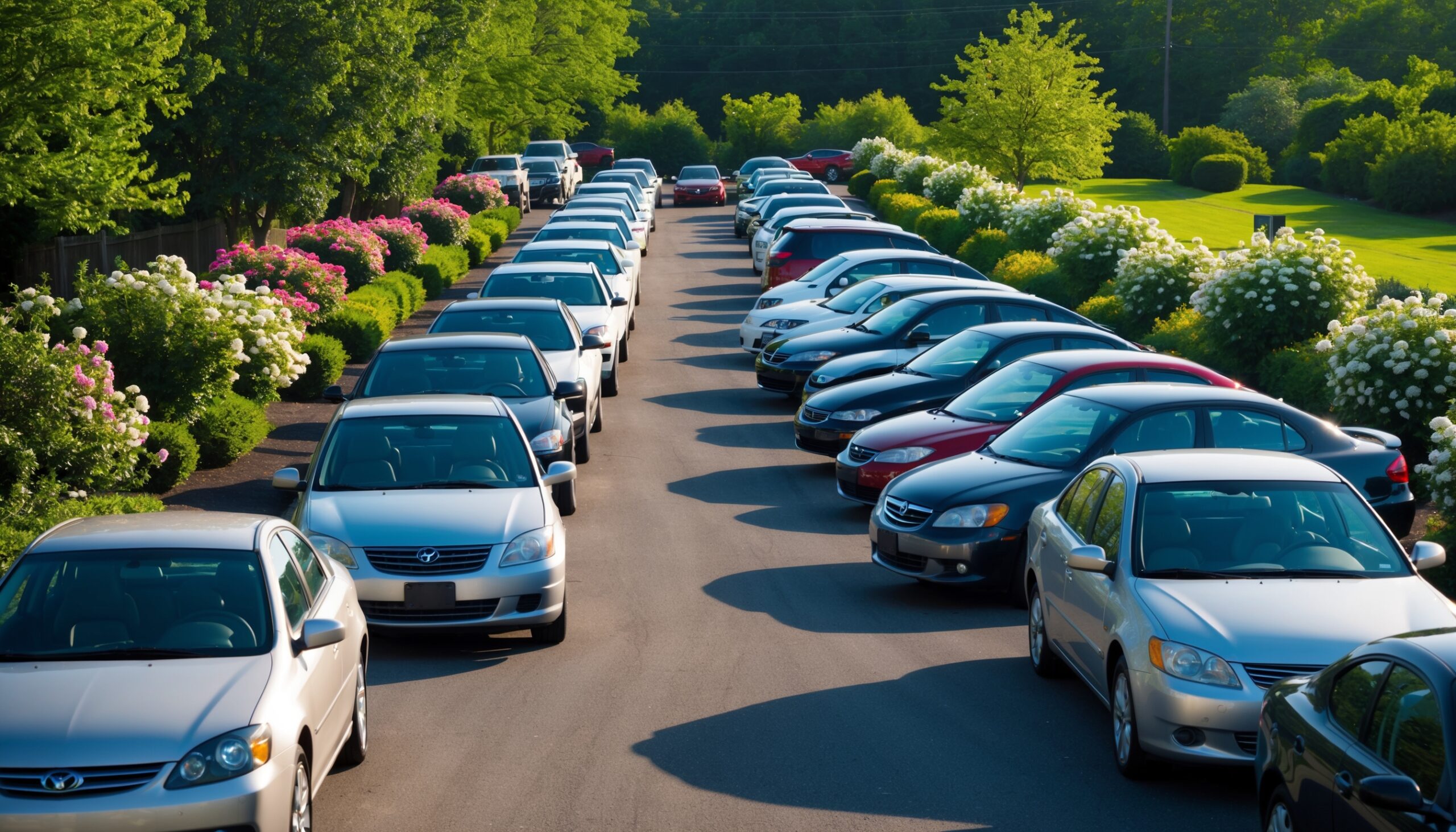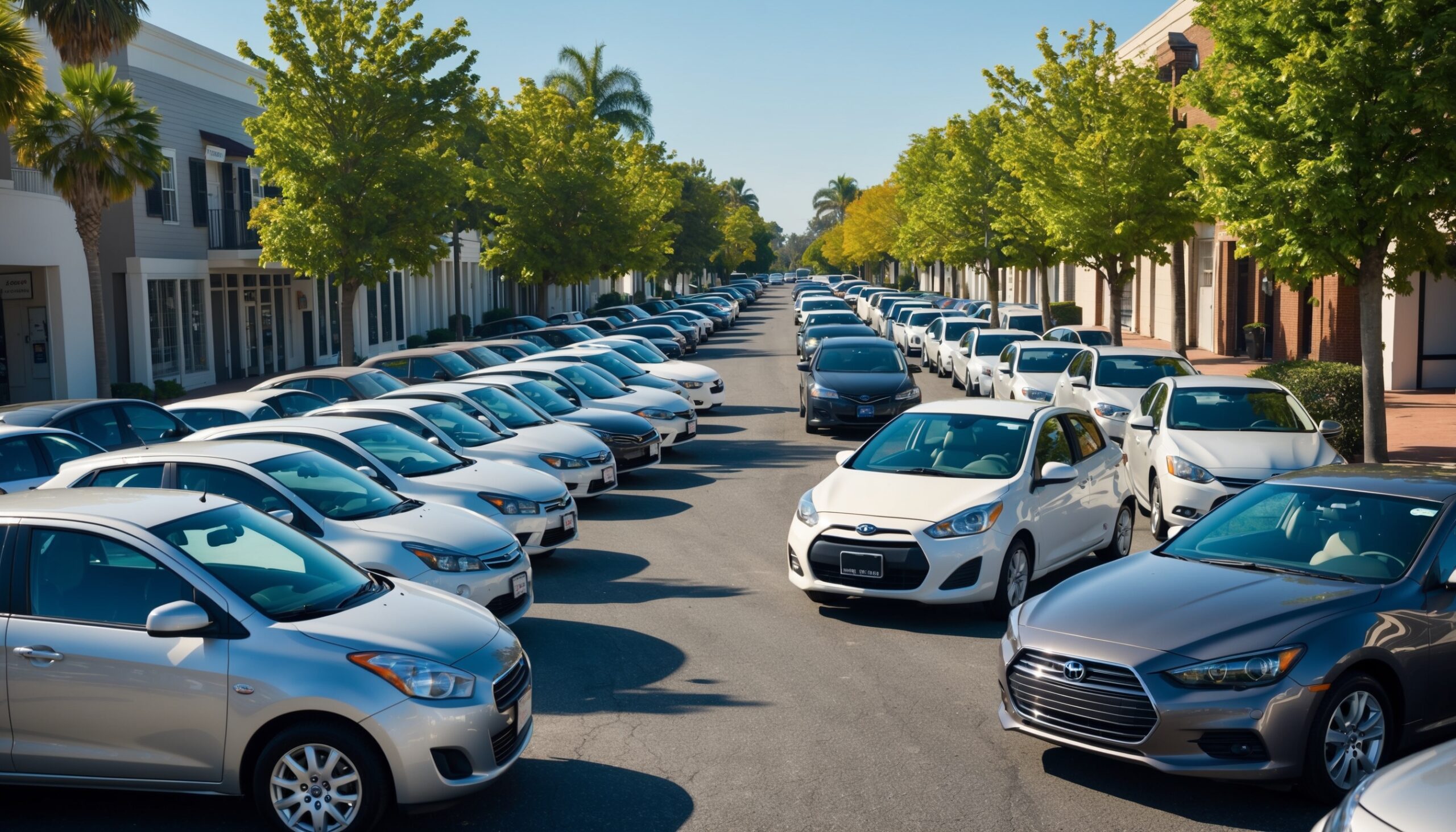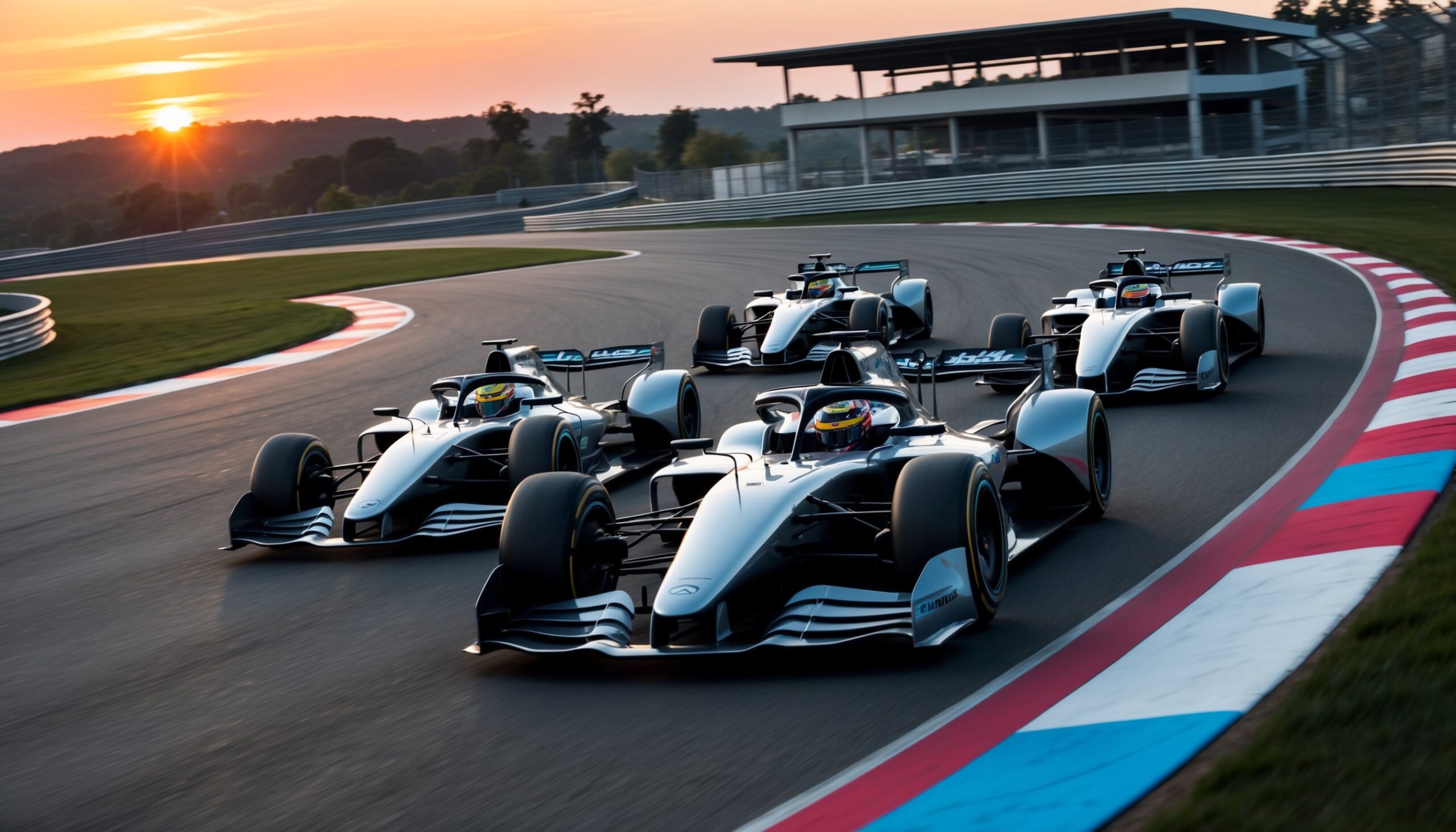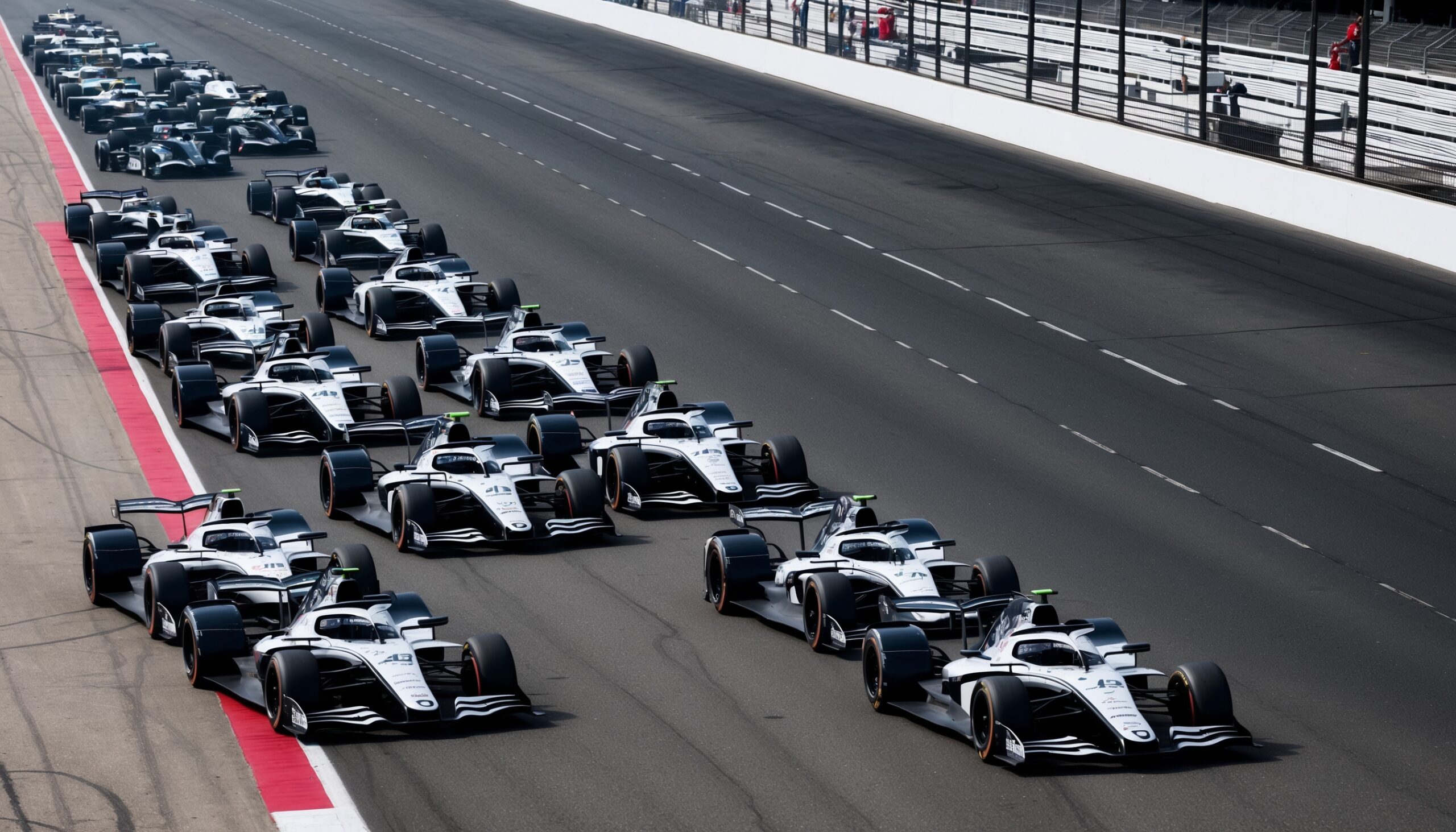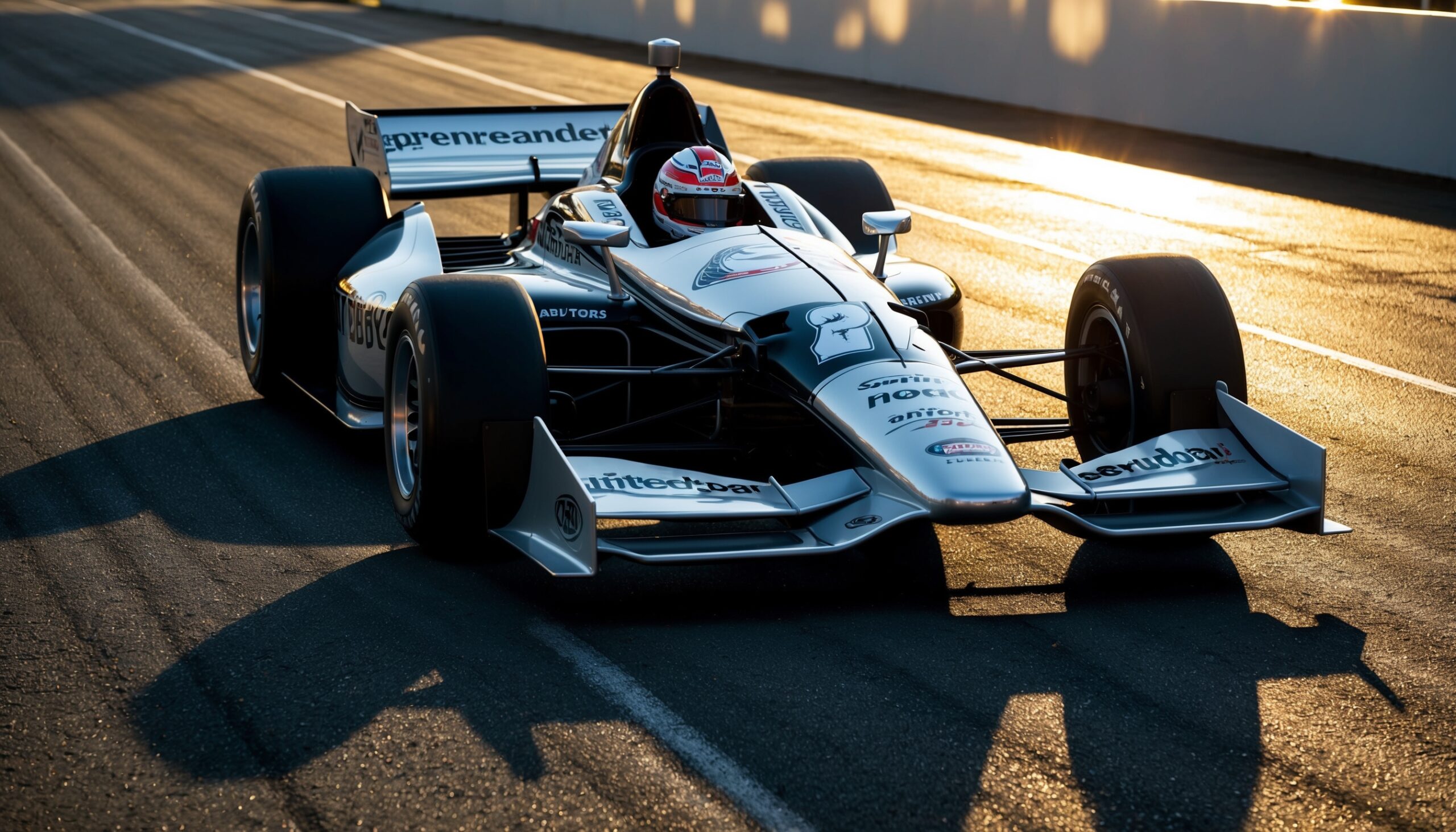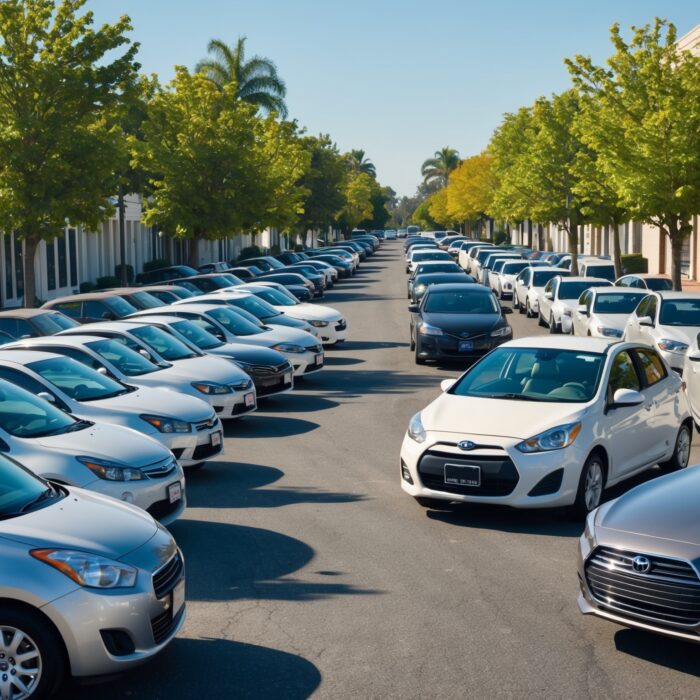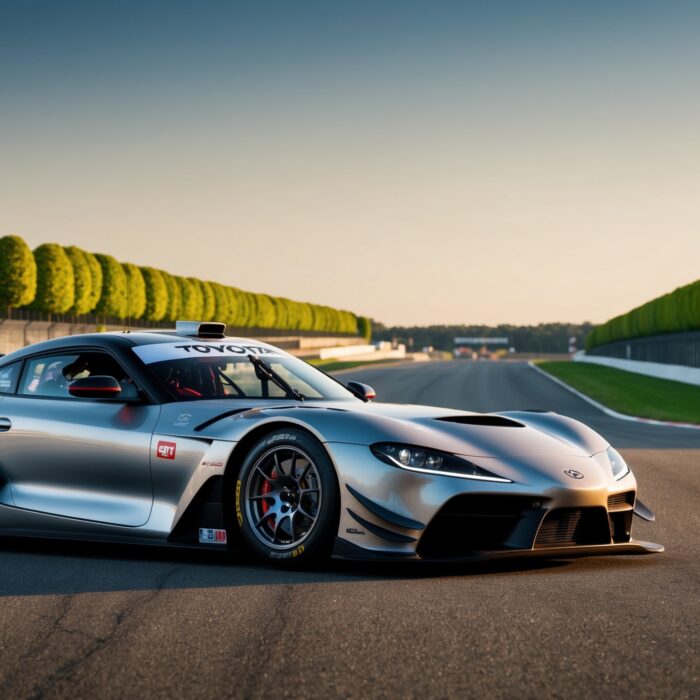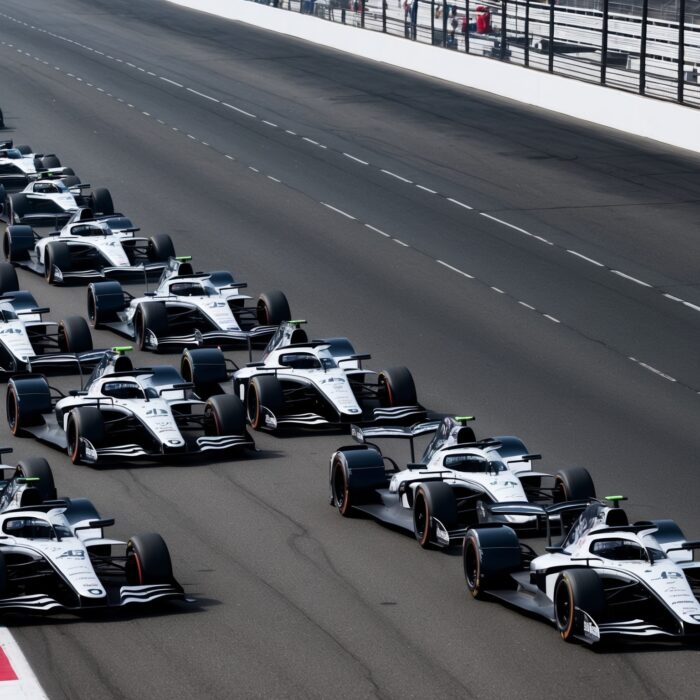Why Peugeot Swapped Jean-Eric Vergne for Stoffel Vandoorne in WEC 2026
The World Endurance Championship (WEC) is a competitive arena where the stakes are high and the margins for error are razor-thin. It’s not just about the cars; it’s about the drivers who pilot them, and often, the team dynamics can make or break a season. Recently, Peugeot made waves in the motorsport community by announcing their decision to swap Jean-Eric Vergne for Stoffel Vandoorne for the 2026 season. Fans and analysts have been buzzing, trying to decipher the motives behind such a significant change. In this article, we’ll delve into the factors that led to this strategic decision and what it means for the future of Peugeot in WEC.
A Brief Background on Peugeot’s WEC Ambitions
Peugeot has had a storied history in motorsport, particularly in endurance racing. With their return to the WEC, they aimed to reclaim glory that they once held in the 1990s and early 2000s. The introduction of the new Hypercar regulations provided a perfect opportunity for the brand to re-establish itself as a contender. The team brought in Jean-Eric Vergne, a talented driver with a background in Formula E and a strong performance record, to spearhead their efforts. However, as the 2026 season approaches, it seems the team has reassessed its strategy.
The Driver Dynamics: Vergne vs. Vandoorne
Jean-Eric Vergne has undeniably showcased his prowess on the track. His experience in Formula E, coupled with his tenure in Formula 1, provided Peugeot with a driver who understands both electric and combustion engines. However, as the WEC competition intensified, the team began to evaluate whether Vergne was the right fit for their long-term vision.
- Experience and Adaptability: While Vergne has a wealth of experience, Stoffel Vandoorne brings a different kind of adaptability to the table. Having raced in various categories, including Formula 1, Vandoorne has demonstrated his ability to quickly adjust to new technologies and racing formats.
- Performance Under Pressure: WEC races are often a test of endurance not just for the cars, but for the drivers as well. Vandoorne’s calm demeanor and strategic mindset under pressure have proven effective in high-stakes situations, making him a desirable choice for Peugeot.
- Team Synergy: The dynamics of a racing team are crucial for success. Vandoorne’s personality and work ethic may align better with Peugeot’s team culture, fostering a more collaborative environment that can lead to improved performance on the track.
Analyzing the Performance Metrics
Performance metrics play a pivotal role in any driver swap. Peugeot’s management closely analyzed the data from the previous seasons, focusing on key performance indicators such as lap times, consistency, and adaptability to changing race conditions. While Vergne had moments of brilliance, Vandoorne’s performance metrics showed greater consistency across various tracks and conditions.
In particular, Vandoorne’s ability to extract maximum performance from the car during critical phases of the race, such as tire management and fuel strategy, was a significant factor. The engineering team at Peugeot recognized that Vandoorne’s skill set complemented their technical advancements, making him an ideal candidate for the upcoming season.
Also Read: Chase Briscoe 'still kicking himself' over NASCAR Championship Race

The Role of Technology in Driver Selection
The 2026 WEC season will see an increased emphasis on hybrid technology and energy recovery systems. Peugeot’s strategic direction is heavily focused on innovation, and the driver selection process reflects this shift. Vandoorne’s experience in Formula E, a series that champions electric vehicles, gives him an edge in understanding the nuances of hybrid technology.
Also Read: The Latest Innovations in Off-Road Vehicle Technology and Electrification
As electric and hybrid vehicles become more prevalent in motorsport, having a driver who is not only experienced but also enthusiastic about these technologies can provide a competitive advantage. Peugeot’s decision to bring in Vandoorne can be viewed as a proactive step towards adapting to the future of racing.
Marketability and Brand Image
Another aspect to consider is the marketability of the drivers. In the world of motorsport, a driver’s image can significantly impact a brand’s appeal and marketing strategy. Vandoorne, with his approachable demeanor and strong presence on social media, offers Peugeot an opportunity to connect with a broader audience. This is particularly important as automotive brands increasingly seek to engage younger fans who are more digitally inclined.
Furthermore, Vandoorne’s success and recognition can help enhance Peugeot’s brand image as a forward-thinking company committed to innovation and sustainability. As the automotive industry pivots towards electric and hybrid solutions, aligning with a driver that embodies these values can strengthen Peugeot’s position in the market.
What This Means for Jean-Eric Vergne
For Jean-Eric Vergne, the decision to part ways with Peugeot is undoubtedly a setback. However, it’s essential to recognize that this could open new doors for him. The motorsport world is vast, and talented drivers are always in demand. Vergne has shown resilience and determination throughout his career, and this change could lead him to new opportunities in other racing series or even a return to Formula E, where he has previously excelled.
Moreover, Vergne’s experience and skills will still be valuable in the paddock. It’s not uncommon for drivers to transition into roles as mentors or team advisors, sharing their insights and expertise with the next generation of racers. Whether he chooses to remain in active competition or shift towards a supportive role, Vergne’s journey in motorsport is far from over.
The Bigger Picture: Peugeot’s Future in WEC
Peugeot’s decision to swap Vergne for Vandoorne is a strategic move aimed at solidifying their position in WEC as they look to the future. With the evolving landscape of endurance racing, staying ahead of the curve is paramount. The stakes are high, and every decision counts.
By bringing in Stoffel Vandoorne, Peugeot is not just looking at the immediate season; they are laying the groundwork for a more competitive future. As they continue to develop their Hypercar program, having a driver who can seamlessly adapt to new technologies and bring a fresh perspective could be the key to unlocking their full potential.
The Fan Reaction
As with any major change in the motorsport world, fan reactions have been mixed. Many Peugeot supporters were initially shocked by the announcement, given Vergne’s strong following and track record. However, as the rationale behind the decision became clearer, many began to see the potential benefits Vandoorne could bring to the team.
Fans have taken to social media to express their thoughts, with opinions ranging from excitement about the new pairing to nostalgia for Vergne’s tenure. It’s a reminder of how passionate and invested motorsport enthusiasts are in their favorite teams and drivers. As Peugeot gears up for the 2026 season, they will undoubtedly be looking to win over both loyal supporters and new fans alike.
Final Thoughts on the Swap
In a sport as dynamic as motorsport, decisions are often made with a multitude of factors in mind. Peugeot’s decision to swap Jean-Eric Vergne for Stoffel Vandoorne reflects a strategic vision aimed at enhancing their competitiveness in the WEC. With Vandoorne’s skill set, adaptability, and marketability, Peugeot is positioning itself for success in the evolving world of endurance racing.
As we look ahead to the 2026 season, fans and analysts alike will be watching closely to see how this driver swap plays out on the track. Will Vandoorne elevate Peugeot to new heights, or will the team find itself facing unforeseen challenges? Only time will tell, but one thing is certain: the world of WEC racing is about to get even more thrilling.
Stay tuned to Torque Feed for more insights and updates on the world of motorsports, as we continue to follow the ever-evolving landscape of racing.

